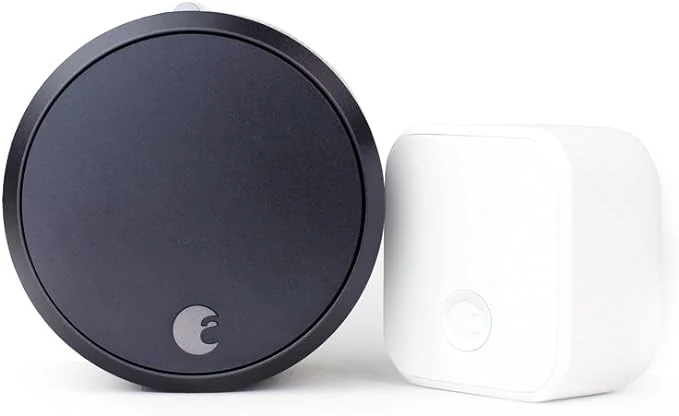From solar-powered gadgets to biodegradable devices and energy-efficient appliances, eco-friendly tech innovations are transforming how we interact with technology while reducing our carbon footprint. These advancements not only help protect the planet but also promote responsible consumption and resource management.
Solar-Powered Gadgets: Harnessing the Sun's Energy
Solar-powered devices utilize renewable energy from the sun, offering a clean alternative to traditional power sources. Portable solar chargers, for example, enable users to charge smartphones, tablets, and other small electronic devices anywhere sunlight is available, reducing reliance on grid electricity and minimizing greenhouse gas emissions. Similarly, solar-powered outdoor lights and garden lamps provide sustainable illumination without electricity costs or environmental impact. Innovations in photovoltaic technology continue to improve efficiency, making solar gadgets more accessible and reliable.
Solar-Powered Gadgets: Harnessing the Sun's Energy
Solar-powered devices utilize renewable energy from the sun, offering a clean alternative to traditional power sources. Portable solar chargers, for example, enable users to charge smartphones, tablets, and other small electronic devices anywhere sunlight is available, reducing reliance on grid electricity and minimizing greenhouse gas emissions. Similarly, solar-powered outdoor lights and garden lamps provide sustainable illumination without electricity costs or environmental impact. Innovations in photovoltaic technology continue to improve efficiency, making solar gadgets more accessible and reliable.
Biodegradable Devices: Reducing Electronic Waste
Electronic waste is a significant environmental challenge, with discarded devices contributing to pollution and resource depletion. Biodegradable tech devices aim to address this issue by using materials that decompose naturally over time. For instance, some companies are developing biodegradable phone cases, earbuds, and packaging made from plant-based bioplastics or other eco-friendly materials. These products maintain functionality while minimizing long-term environmental harm, promoting a circular economy where electronic waste is reduced and repurposed sustainably.
Biodegradable Devices: Reducing Electronic Waste
Electronic waste is a significant environmental challenge, with discarded devices contributing to pollution and resource depletion. Biodegradable tech devices aim to address this issue by using materials that decompose naturally over time. For instance, some companies are developing biodegradable phone cases, earbuds, and packaging made from plant-based bioplastics or other eco-friendly materials. These products maintain functionality while minimizing long-term environmental harm, promoting a circular economy where electronic waste is reduced and repurposed sustainably.
Energy-Efficient Appliances: Minimizing Power Consumption
Energy-efficient appliances are designed to consume less power while delivering optimal performance. Modern refrigerators, washing machines, and lighting systems equipped with smart technology adapt their operation based on usage patterns, conserving energy. LED lighting, for example, uses significantly less electricity than incandescent bulbs and has a longer lifespan. Smart thermostats optimize heating and cooling in homes, reducing energy waste and lowering utility bills. These appliances contribute to reducing overall energy demand, decreasing greenhouse gas emissions associated with power generation.
The development of sustainable tech devices is a testament to the industry’s commitment to environmental stewardship. As research advances, we can expect to see even more innovative solutions such as biodegradable batteries, solar-powered wearable tech, and advanced energy management systems. Governments and consumers alike are increasingly prioritizing eco-friendly products, creating a market driven by sustainability.
Embracing sustainable and eco-friendly tech devices is vital for building a healthier planet. Solar-powered gadgets, biodegradable devices, and energy-efficient appliances exemplify how technology can coexist harmoniously with nature. By choosing and supporting these innovations, individuals and organizations can play a pivotal role in fostering a sustainable future—where technological progress and environmental responsibility go hand in hand.












